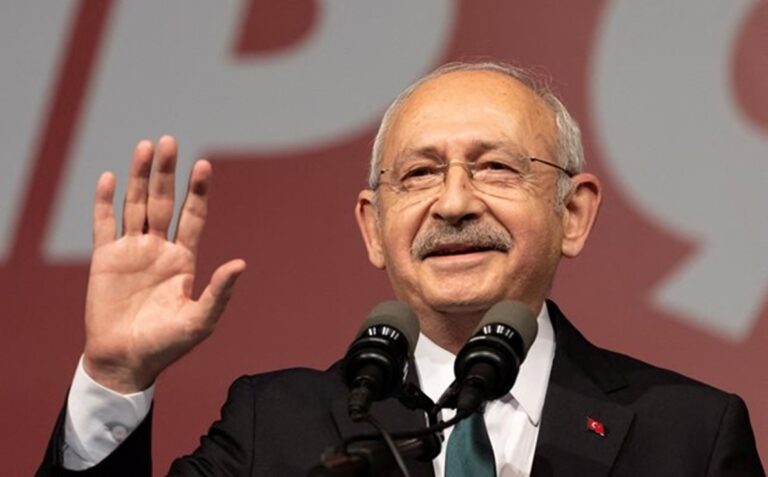BRUSSELS, Dec 7 (Reuters) – EU lawmakers halted talks on the bloc’s landmark Artificial Intelligence (AI) Act on Thursday, agreeing to resume discussions on Friday after they failed to reach a deal during almost 24 hours of negotiations.
The tense three-way debate between European Union member states, the European Commission and the European parliament will now extend into a third day, after weary lawmakers agreed to stop for a rest.
“We are exhausted. We cannot go on like that. We need to sleep so we can reassess the texts,” said person present at the talks, who spoke to Reuters on condition of anonymity.
With upcoming elections threatening to derail more than two years’ work on the AI Act, negotiators worked through the night in the hope of reaching a consensus on key issues including the regulation of generative AI systems like OpenAI’s ChatGPT.
“Lots of progress made over the past 22 hours on the AI Act,” European competition chief Thierry Breton posted on social media platform X. “Resuming work with EU Parliament and Council tomorrow at 9:00 AM. Stay tuned!”
Lawmakers had agreed provisional terms for regulating AI systems like ChatGPT early on Thursday, sources said, taking a step closer to clinching rules governing the technology.
A document circulated among negotiators, which was seen by Reuters, showed the European Commission would maintain a list of AI models deemed to pose a “systemic risk”, while providers of general-purpose AIs would have to publish detailed summaries of the content used to train them.
The law may also exempt free and open-source AI licences from regulation in most cases, unless for example they were deemed high-risk or being used for already banned purposes.
Terms for the other obstacle, the use of AI in biometric surveillance, and source code access were yet to be hashed out, two other sources familiar with the matter said.
The Council of the European Union earlier postponed a press conference until further notice as the negotiations, which started at 1400 GMT on Wednesday, dragged on.
EU countries and lawmakers have been trying to finalise details of the draft rules proposed by the Commission two years ago, but have struggled to keep up with the rapidly evolving technology. That made a consensus hard to achieve.
Much is riding on the new law, which could become the blueprint for other governments as countries seek to craft rules for their own AI industry, providing an alternative to the U.S.’ light-touch approach and China’s interim rules.
EU countries and lawmakers are racing to get a final deal ready for a vote in spring, ahead of Parliamentary elections in June when the legislative process will grind to a halt.
Failure to do so could lead to the law being delayed and the 27-member bloc losing its first-mover advantage.
Even so, it could be close to two years before any legislation comes into effect.
DANGERS
A broad framework was proposed in early 2021, almost two years before the launch of Microsoft-backed (MSFT.O) OpenAI’s ChatGPT transformed the potential uses of the technology.
OpenAI’s founder Sam Altman and computer scientists have raised the alarm about the danger of creating powerful, high intelligent machines which could threaten humanity.
Agreeing provisional terms on foundation models – the generative AI such as OpenAI which trains on large sets of data to perform various tasks – would be a big step.
The details of what was agreed overnight were not clear. A fourth source said there were still aspects to be thrashed out.
But a late proposal by France, Germany and Italy that makers of generative AI models should self-regulate had added a point of discord. Such a move however would benefit France-based AI company Mistral and Germany’s Aleph Alpha.
On biometric surveillance, EU lawmakers want to ban the use of AI, but governments have pushed for an exception for national security, defence and military purposes.
Source: Reuters







